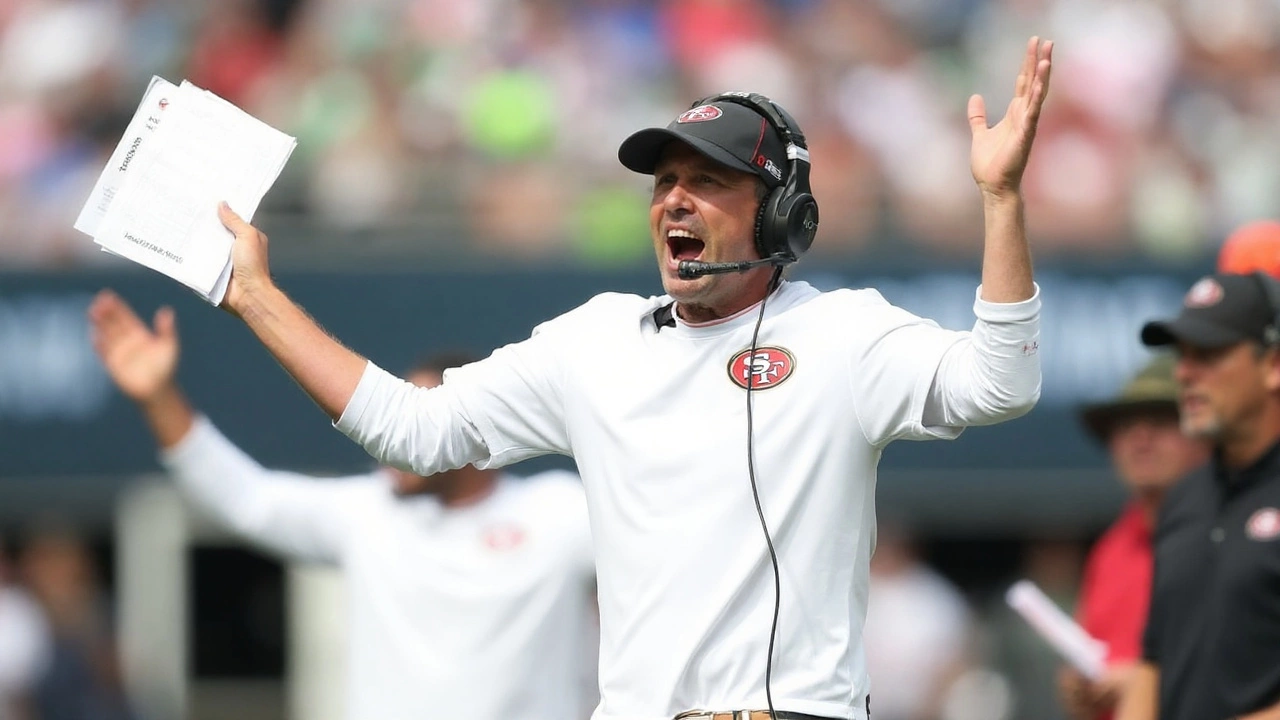
Mac Jones seizes his chance in New Orleans
On a loud September night inside the Caesars Superdome, a backup quarterback walked in and tilted the game. The 49ers left New Orleans with a 26-21 win because Mac Jones played calm, clean football and finished drives. He tossed three touchdown passes, read the field with patience, and made the throws that mattered in a building that usually swallows visiting offenses whole.
Jones did not look like a fill-in. He worked the quick game, showed enough zip to hit windows, and kept the ball out of harm’s way. When the Saints brought pressure, he got it out fast. When they dropped bodies, he took the underneath throws and let his receivers do the rest. The plan was simple: stay on schedule, convert in the red zone, and avoid the one big mistake that flips momentum. He checked those boxes.
San Francisco’s offense stayed balanced enough to keep New Orleans honest. The protection held up on key downs, buying Jones the extra beat he needed to hit timing routes. They did not have to be flashy; they had to be efficient. That showed at the goal line, where Jones’ accuracy and patience turned short fields into touchdowns. Field goals turn close road games into coin flips. Touchdowns give you a cushion. The 49ers got those touchdowns.
There were small moments that showed trust. Jones stuck with progressions, did not force sideline shots into tight coverage, and played within structure. On third downs, he used his backs and tight ends to beat soft zones and moved the chains. The stat line will point to the three scoring throws. The tape will show a quarterback making high-percentage decisions and protecting the lead.
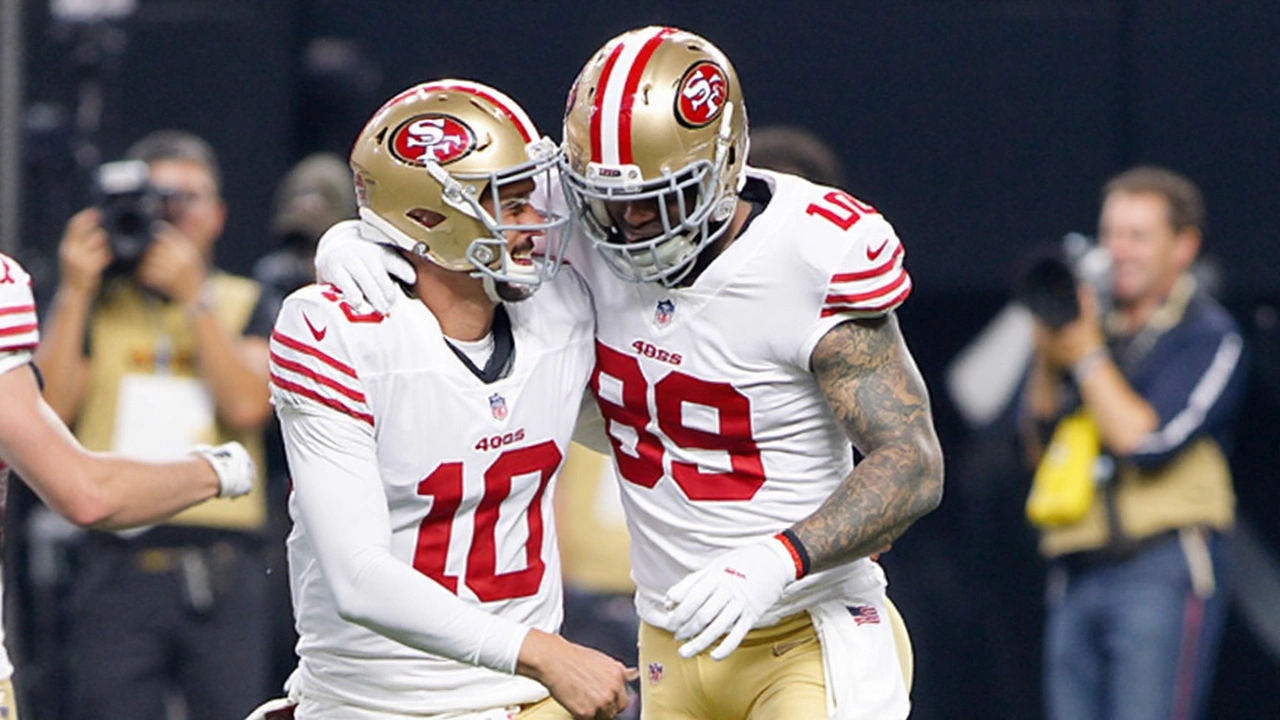
Saints’ missed chances and what decided the game
The Saints had chances. They could not string them together. Their night summed up as quick bursts of promise followed by empty drives. Alvin Kamara was the steady spark. His 13-yard run into San Francisco territory, down to the 41-yard line, looked like the start of a statement series. He slid through traffic, found daylight, and gave the crowd a jolt. Too often, though, that momentum stalled one play later.
New Orleans mixed looks at quarterback, including snaps for Spencer Rattler. The rookie was thrown into a tight game against a disciplined defense and hit the growing pains right away. In one sequence, he fired three straight incompletions. That stretch told the story. Timing was off. Spacing faltered. The 49ers squeezed windows and took away the easy throws, and the Saints never found a rhythm long enough to flip the pressure back on the visitors.
Special teams swung the math. Kicker Blake Grupe missed wide right from 40 yards in a critical spot, and the building felt it. A make there changes play-calling later, the urgency of New Orleans’ next possession, and how the 49ers manage the clock. Instead, the miss forced the Saints to chase points and press a little more on offense. You could feel that in the calls and the throws after it.
Defensively, San Francisco did what good road defenses do: tackle well, stay tight on third down, and rally to the ball after the catch. Fred Warner set the tone with clean, drive-stopping tackles in space. The secondary did not bite on double moves and kept the top on the coverage. One chaotic play even saw Jake Tonges flash into the moment, come down with what looked like an interception, and then watch it get overturned on review to incomplete. It did not go in the books as a turnover, but it was a reminder that the 49ers were reading routes and breaking on the ball all night.
What decided it? A handful of possessions and a few inches.
- Mac Jones finished drives with three touchdown passes, turning red-zone trips into sevens instead of threes.
- Grupe’s missed 40-yarder cut off a Saints surge and reshaped the final quarter.
- Rattler’s three straight incompletions stalled a promising series and handed control back to San Francisco.
- Kamara’s burst plays kept New Orleans within striking distance, but the follow-up execution was missing.
- San Francisco’s coverage held up late, forcing the Saints to beat tight windows rather than busted zones.
There was nothing fluky about the result. This was a five-point game that felt like a rope pull, with the 49ers leaning on field position, smart throws, and situational toughness. When New Orleans threatened, San Francisco’s defense found a stop. When the Saints gave a window, Jones took it. That is how you win on the road when the margin is thin and the noise is thick.
The Superdome experience matters here. The crowd turns third downs into a guessing game for visiting offenses, and silent counts can wreck timing. The 49ers handled that part. They stayed ahead of the sticks, avoided false starts in clusters, and kept the pass rush from teeing off. That composure is not flashy, but it is the backbone of a road win in that building.
From a tactical view, the Saints tried to break tendencies. They moved formations, sped up at times, and looked for one-on-one matchups. The 49ers answered with disciplined eyes and sure tackling. New Orleans could get the first five yards; the next five were the problem. Yards after contact were limited. Crossing routes were contested. Screens were sniffed out before they turned into explosives.
Credit the 49ers for depth and adaptability at quarterback. Not every team can hand the offense to a backup and get three touchdown drives out of it. That speaks to preparation during the week, trust in the playbook, and receivers winning leverage when it mattered. It also buys San Francisco time as they sort out the position room and get healthier for the long haul.
For the Saints, 0-2 is a hole, not a sentence. The fixes are clear on the film: finish drives, cash in makeable kicks, and get the passing game in rhythm so Kamara’s gains are not isolated highlights. Cleaning up those situational moments would have flipped this result. The good news is the defense created enough pressure to keep them close, and the run game showed life. The urgency now is turning close into complete.
This game will not top the highlight reels, but it will matter in December. It counts as a road win against a proud team in a tough place to play, and it shows San Francisco can manage a plan when things are not ideal. For New Orleans, it is a wake-up call two weeks in. They had the ball, the noise, and the chances. They just did not land the final punch.
Sometimes it is that simple. A backup quarterback takes care of the ball. A kicker misses from 40. A veteran linebacker cleans up tackling in space. Stack those moments, and you get the scoreboard we saw: 26-21 to San Francisco, and a flight home that feels a lot lighter for one side than the other.
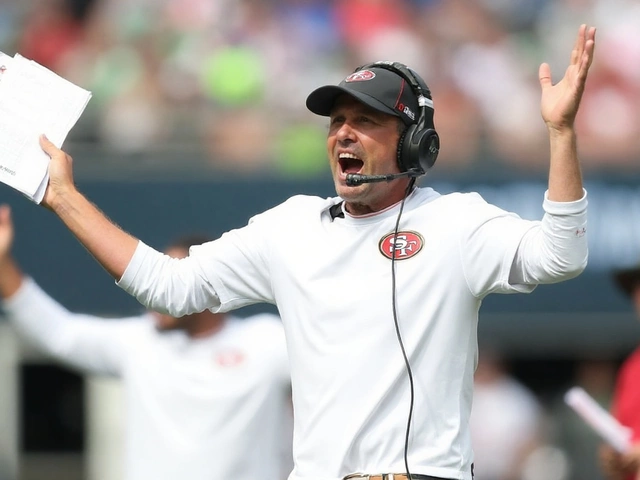
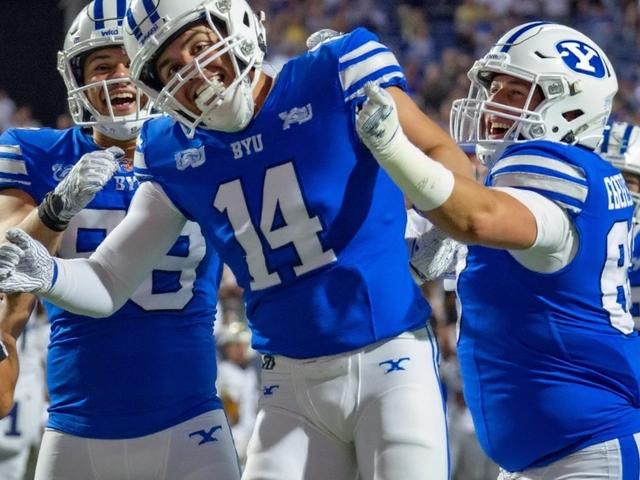
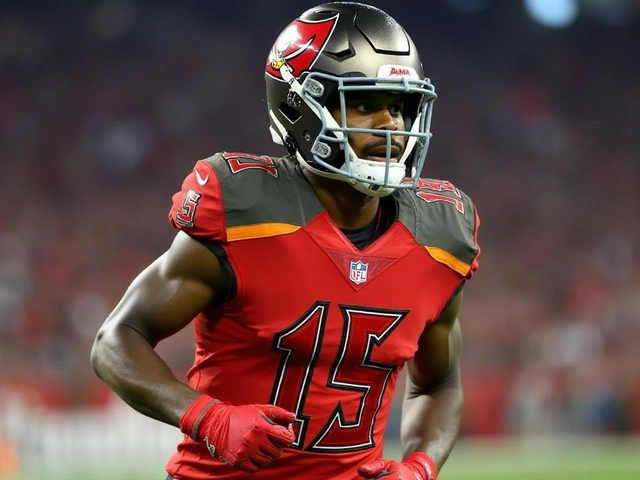
Write a comment